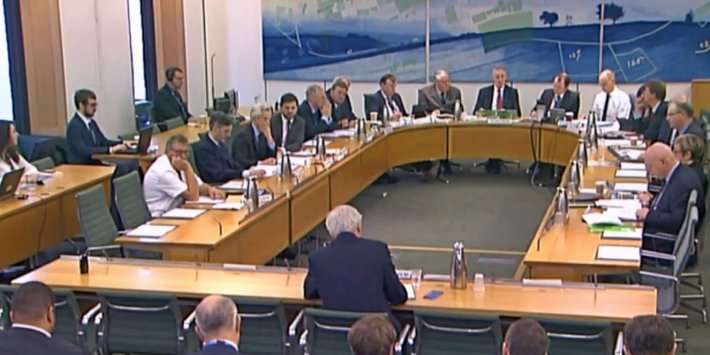Last week’s Budget was more notable for what it did not say that what it did. While it contained a number of worthy measures to promote micro-generation, to help our athletes prepare for the Olympics and to support those in further education, it did nothing to address the serious economic problems facing the country.
The tax burden in Britain is already at an all-time high. The increase in tax since Labour took office is equivalent to £9,000 per household yet this Budget adds another £5.5 billion to Britain’s tax bill over the next three years. Three of the most punitive and unfair taxes: stamp duty, inheritance tax and Council Tax are all set to rise still further. Last year, in a pre-election bribe, Gordon Brown gave pensioners £200 to help with Council Tax bills. This year, with the election safely out of the way, that payment has been dropped and pensioners will be left struggling to meet ever rising Council Tax bills unaided. Borrowing too has soared with the total over the next six years forecast to reach £175 billion – £7,000 for every family.
Having previously trumpeted the extra money going into the NHS, this year the Chancellor did not mention it all. Across the country, the NHS is facing a total deficit of nearly £1 billion with hospitals being forced to sack staff and operations cancelled. Locally, both the Chelmsford and Maldon Primary Care Trusts are in deficit with services being cut as a result. Also ignored was the looming Pensions crisis. The removal of dividend tax credits by Gordon Brown in 1997 has cost the pension funds £5 billion every year creating the present crisis. Household saving has almost halved and 85,000 people have lost their retirement savings because their company pension schemes have closed. Yet the Government has done nothing to implement the recommendations of its own Pensions Commission and has rejected the findings of the Ombudsman who concluded that the Government was guilty of maladministration in respect of thousands of pensioners who have lost their savings despite being assured by the Government that their pensions were safe.
Under Gordon Brown, Britain’s position in the world ranking of competitiveness has fallen from 4th to 13th. Productivity has fallen to a fifth of its level in 1997 and the trade deficit has reached a record level of £47 billion. Business investment is at its lowest since records began and international firms are moving their operations overseas. The new global economy offers great opportunities but Britain is struggling to compete. Gordon Brown has saddled us with high taxes, unproductive spending, increased borrowing and underperforming and unreformed public services. All this Budget offers is more of the same.
